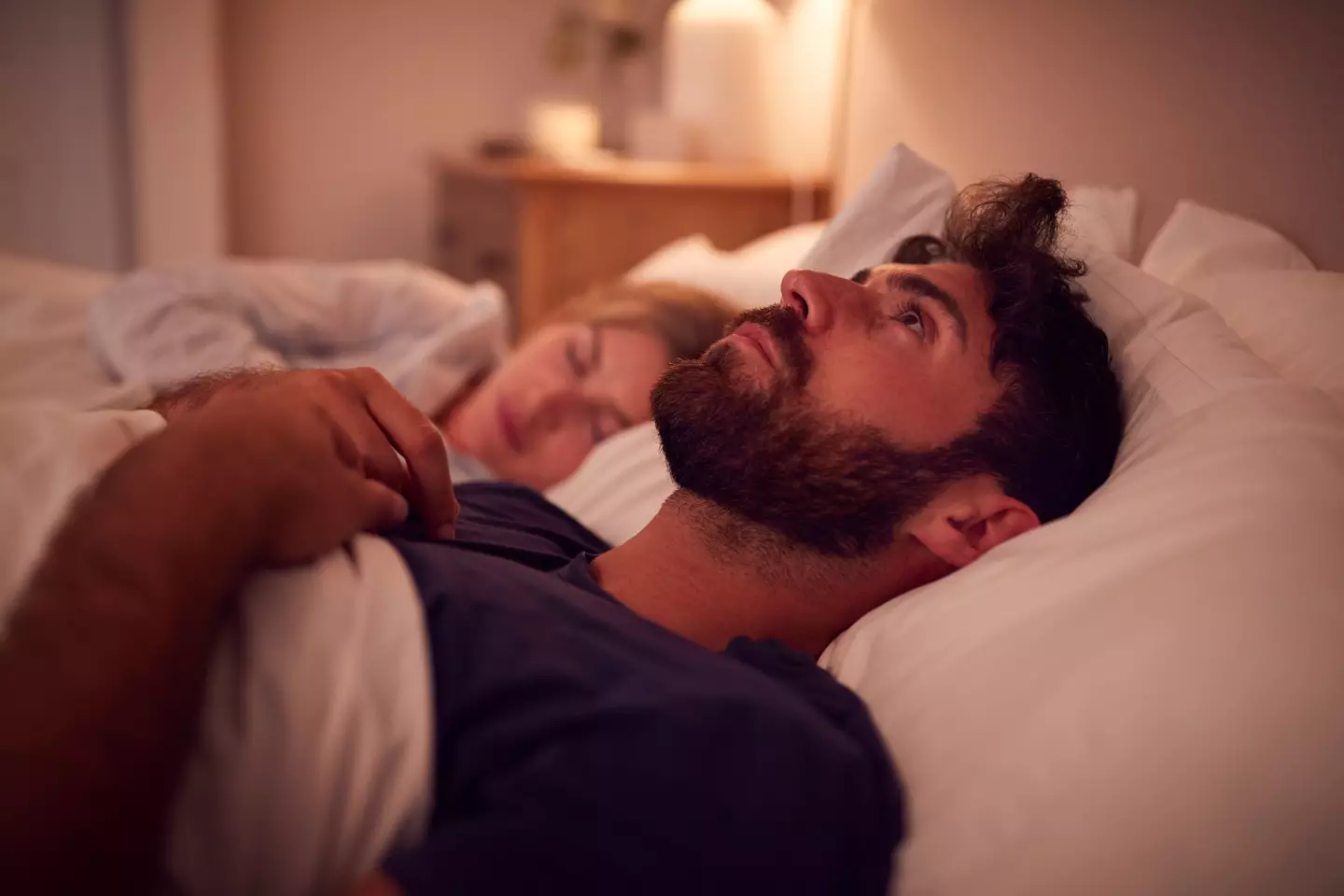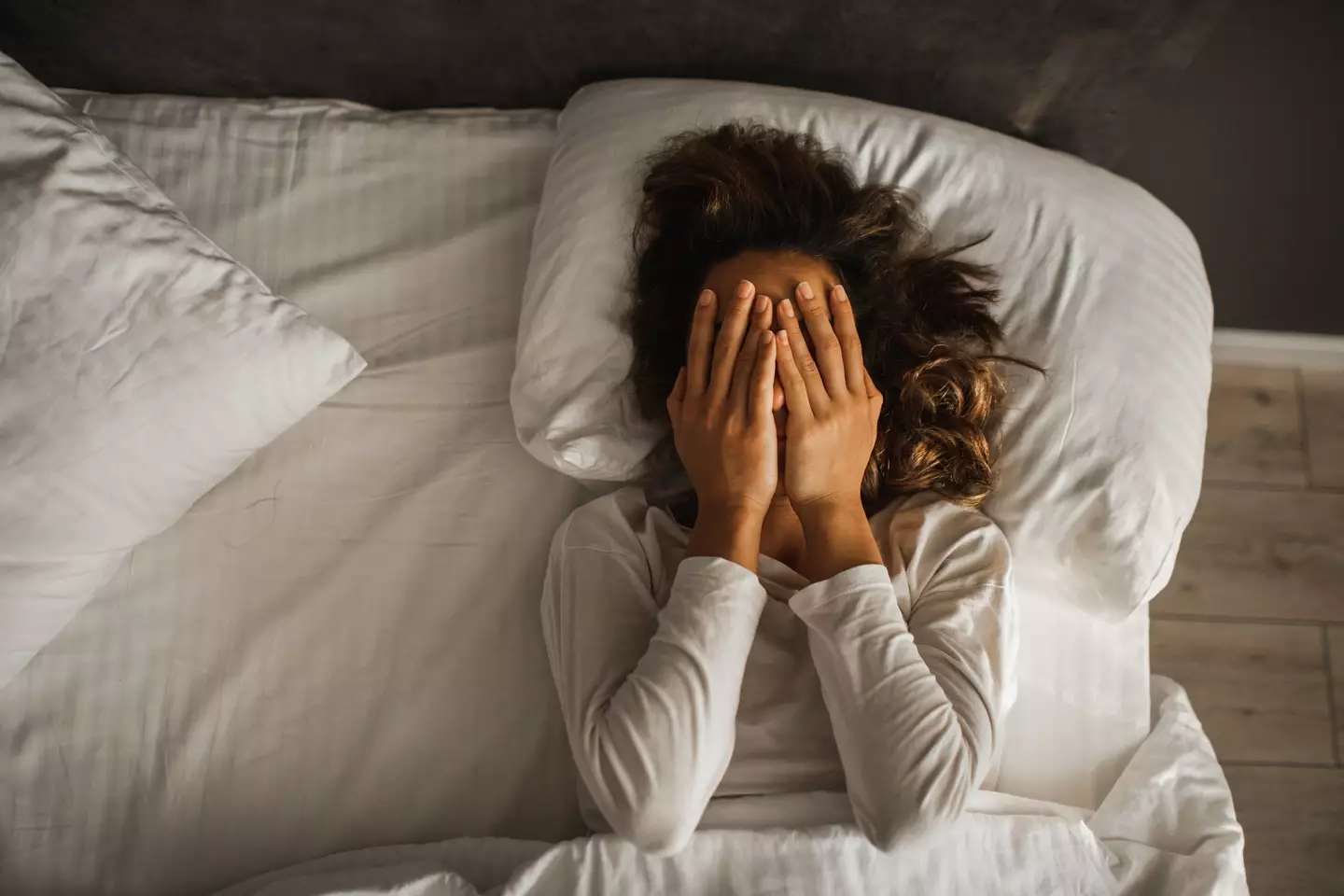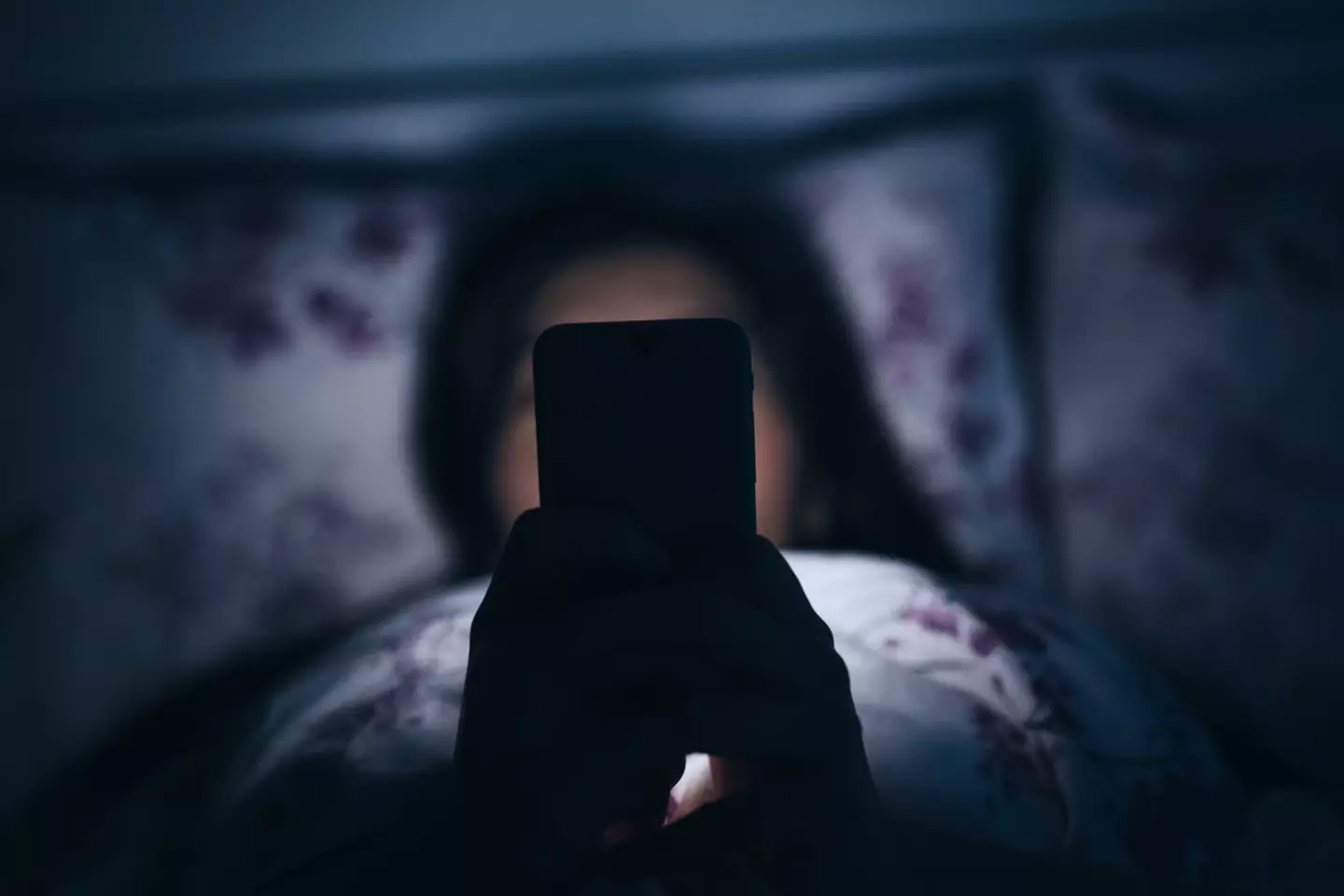
It's drilled in to all of us from a young age about the importance of getting enough sleep every night.
It helps us feel refreshed for the day ahead as well as recover from the stresses - both mentally and physically - from the day before.
But it also helps cut risks associated with other things that aren't pleasant in the slightest, with research linking a lack of sleep - as well as that being quality, deep sleep - with worrying health problems that may hurt us later on in life or even sooner than we might realise.
Advert
With it being World Sleep Day (15 March), LADbible has rounded up some of the main reasons why you really should get a good night's sleep every night - given the dangers that come with not doing so.
How much sleep do you need?
The NHS says that you should be aiming for seven to nine hours every night if you're a healthy adult.
"However, age, health and personal circumstances affect how much sleep we need, plus some people naturally sleep more than others," it adds.
Advert
Teenagers, kids and babies will need more sleep because they're growing or going through puberty.
Newborns can sleep up to 16 hours a day.

Signs you might have issues with sleeping
According to the NHS, those who encounter the below seven symptoms might have cause for concern:
- find it difficult to fall asleep
- lie awake for long periods at night
- wake up several times during the night
- wake up early and be unable to get back to sleep
- feel down or have a lower mood
- have difficulty concentrating
- be more irritable than usual

What can cause sleeping issues?
Experts at Australia's Better Health Channel, run by the Aussie government, says some of the main reasons for having problems with not getting enough sleep are environmental, including using your phone in bed late at night or having too much coffee or caffeinated drinks.
Advert
Antisocial working hours also impact this, with them having the ability to disrupt our natural 'circadian rhythms'. In other words, our biological clock in relation to feeling sleepy, hungry, and stable hormone levels.
Sleep apnoea, insomnia, restless leg syndrome, and grinding your teeth are also all factors.
Medical conditions including diabetes, anxiety and depression can mean you have problems too.

What happens to your body if you don't get enough sleep?
The Better Health Channel also explains that the effects can be minor at first but extremely worrying nonetheless.
Advert
It says: "Insufficient sleep can impact your brain’s functioning including your ability to remember, regulate emotion and attention, the speed you process information and the ability to have insight. Even short-term sleep deprivation can impair these functions.
"In particular, sleep plays a key role in memory formation and consolidation."
And in more worrying research, a lack of sleep means you're not flushing out toxic waste from your body that build up in your brain throughout the day.
"Accumulation of these toxic proteins are involved in the development of Alzheimer’s Disease. Sleep deprivation is associated with increased risk of both cognitive decline and dementia," the Better Health Channel says.
Advert
The risk of anxiety and depression is also increased.
Other physical risks include hypertension (high blood pressure) and heightened cholesterol.
For more advice on sleeping problems and how to seek help, see the NHS' advice here.
Featured Image Credit: Getty Stock ImagesTopics: Sleep, Health, NHS, UK News, World News, Mental Health, Australia